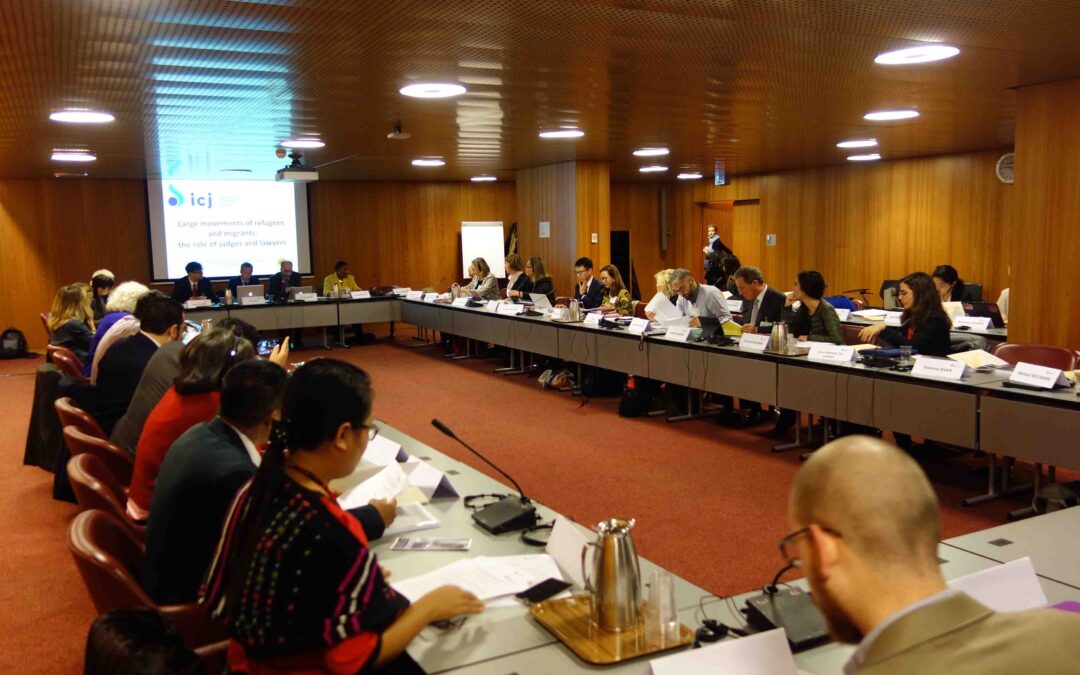
Nov 21, 2016 | News
Forty distinguished judges and lawyers from around the world have reaffirmed the essential role of judges and lawyers in securing the rule of law and human rights in relation to large movements of refugees and migrants, at the 7th annual ICJ Geneva Forum, 17-18 November 2016.
The 2016 Forum concluded with substantial agreement and reaffirmation of the essential role that judges and lawyers must be enabled to play, and must fulfil in practice, if the rights of refugees and migrants and the rule of law are to be secured, including in the context of large movements.
Participants exchanged challenges and solutions, and deliberated on a wide range of issues, including:
- on methods for best assessing evidence and credibility;
- on means for overcoming the legal, policy, and practical challenges when judges and lawyers face large numbers of claims and cases;
- on reforms to better enable immigration judges to meet basic standards of independence and impartiality;
- on the need for judiciaries and legal professions to ensure practitioners receive appropriate training and better access to information about international standards and reliable information about country situations;
- on the importance of effective access to competent legal advice and representation, including free of charge when necessary, for refugees and migrants to be able to exercise their rights and for judges to be able to decide cases in an efficient and just manner;
- on ways of supporting judges who courageously exercise their independence to uphold the rule of law and human rights, including in the face of interference or reprisal from the executive or legislative branches of government, or intense media criticism or majoritarian pressure;
- on ensuring that refugees and migrants who are victims of crime or victims of human rights violations are able to have effective access to justice and effective remedy, without discrimination arising from their status;
- on the importance of ensuring that legal processes are sensitive to the particular situation of women and children migrants, and migrants in detention.
Based on the discussions,the ICJ will develop and disseminate a set of Principles and recommendations on the role of judges and lawyers in situations of large-scale movement of refugees and migrants. The Principles will complement ICJ’s 2011 Practitioners’ Guide No 6 on Migration and International Human Rights Law.
More information about the Geneva Forum is available here.
For further details, please contact Matt Pollard, senior legal adviser, matt.pollard(a)icj.org
The 2016 Geneva Forum has been made possible with the support of the Republic and Canton of Geneva.
The ICJ is also grateful for the assistance of the Le Centre d’Accueil – Genève Internationale (CAGI) and Swiss Confederation.
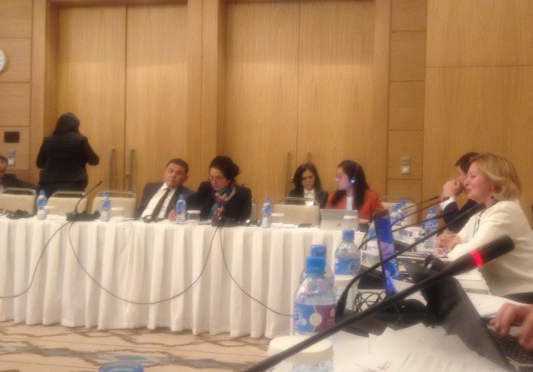
Nov 18, 2016 | Agendas, Events, News
Today, the ICJ holds a round table discussion in Tashkent, Uzbekistan on “Comparative Perspectives on Judicial Ethics”.
The event takes place as part of the Central Asian Forum Expert Forum organized by the Organisation for Cooperation and Security in Europe (OSCE) in Tashkent this year.
International standards, and national standards of judicial ethics in Uzbekistan in other countries will be discussed at the event.
Participants will discuss questions of judicial independence, impartiality and accountability and disciplinary mechanisms.
Speakers at the event include Justice Ketil Lund (photo), an ICJ Commissioner and a former judge of the Supreme Court of Norway, Justice Tatiana Andreyeva, professor of law and a former Judge of the High Arbitration Court of the Russian Federation, as well as a representative of the Uzbekistan judiciary.
Legal practitioners and experts from across the Central Asian region will attend the event.
uzbekistan-side-event-tashkent-events-agenda-2016-rus (Agenda in Russian, PDF)
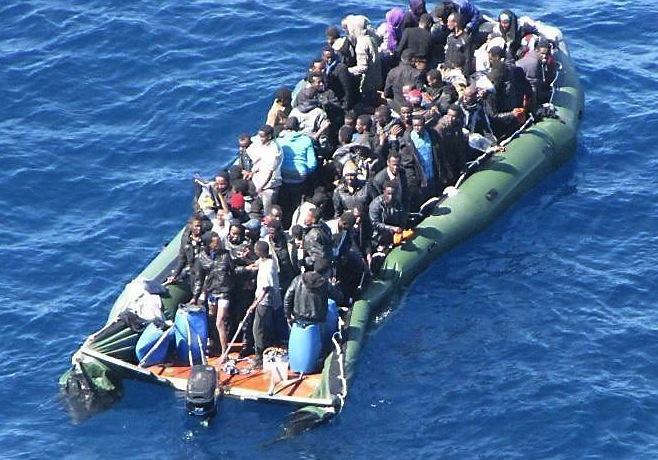
Nov 17, 2016 | Events, Multimedia items, News, Video clips
The 7th annual Geneva Forum of Judges & Lawyers, 17-18 November 2016, brought together judges, lawyers, and refugee and migration experts from around the world, as well as UN agencies to discuss the role of judges and lawyers in situations of large-scale movement of refugees and migrants.
Participants reflected on practical, policy, and legal challenges posed by contemporary movements of refugees and migrants, perceived as exceptional in terms of their scale and speed. Particular situations to be considered include those in Europe (with people coming primarily from and through North Africa and the Middle East, including from Syria, Eritrea, Iraq and Afghanistan); in the Americas (including people coming to the United States of America from Central and South America); in Asia (including in relation to the Rohingya across Southeast Asia, and in relation to practices involving Australia and the Pacific); and within and from parts of Sub-Saharan Africa.
In most of these situations, the legal protections available and the respective roles of the executive, legislative and judicial branches of government in securing these protections has been a matter of debate.
Authorities world-wide have faced the challenge of ensuring that in all circumstances people have access to fair and effective procedures in relation to key decisions about their rights and interests, such as: determinations of a person’s entitlement to international protection, including determinations as to refugee status; decisions about detention or criminal proceedings based on one’s entry or presence in the country; and decisions about expulsion or onward transfer.
In some cases governments have departed radically from ordinary procedures. The framework of “crisis” or “emergency” has been increasingly invoked, sometimes to reduce judicial protections and guarantees and access to justice.
Forum participants were invited to analyze relevant legal and policy frameworks and practices at the national, regional and universal levels, and to make recommendations about the particular role of judges and lawyers in such situations, including relative to the executive and legislative branches of government.
During the Forum, the forty distinguished judges and lawyers from around the world reaffirmed the essential role of judges and lawyers in securing the rule of law and human rights in relation to large movements of refugees and migrants.
The Forum concluded with substantial agreement and reaffirmation of the essential role that judges and lawyers must be enabled to play, and must fulfil in practice, if the rights of refugees and migrants and the rule of law are to be secured, including in the context of large movements.
Participants exchanged challenges and solutions, and deliberated on a wide range of issues, including:
- on methods for best assessing evidence and credibility;
- on means for overcoming the legal, policy, and practical challenges when judges and lawyers face large numbers of claims and cases;
- on reforms to better enable immigration judges to meet basic standards of independence and impartiality;
- on the need for judiciaries and legal professions to ensure practitioners receive appropriate training and better access to information about international standards and reliable information about country situations;
- on the importance of effective access to competent legal advice and representation, including free of charge when necessary, for refugees and migrants to be able to exercise their rights and for judges to be able to decide cases in an efficient and just manner;
- on ways of supporting judges who courageously exercise their independence to uphold the rule of law and human rights, including in the face of interference or reprisal from the executive or legislative branches of government, or intense media criticism or majoritarian pressure;
- on ensuring that refugees and migrants who are victims of crime or victims of human rights violations are able to have effective access to justice and effective remedy, without discrimination arising from their status;
- on the importance of ensuring that legal processes are sensitive to the particular situation of women and children migrants, and migrants in detention.
The main output of the Forum, published in May 2017, is the ICJ Principles on the role of judges and lawyers in relation to refugees and migrants.
The Principles complement ICJ’s 2011 (updated 2014) Practitioners’ Guide No 6 on Migration and International Human Rights Law, and Practitioners Guide No 11 on Refugee Status Claims Based on Sexual Orientation and Gender Identity (2016).
The 2016 Geneva Forum of Judges & Lawyers was made possible with the support of the Republic and Canton of Geneva, Switzerland.
The ICJ is also grateful to the Swiss Confederation, and the Centre d’Accueil Genève Internationale (CAGI), for their in-kind support.
The Programme for the 2016 Forum can be downloaded in PDF format here:
en-programme-2016gf-09-11-2016
esp-programme-2016gf-09-11-2016
The List of Participants can be downloaded in PDF format here: participants-2016gf-09-11-2016
Information about the Geneva Forum from past years is available by clicking here.
The final output of the 2015 Geneva Forum was the publication of ICJ Practitioners Guide No. 13, on Judicial Accountability, available in PDF format by clicking here.
For further details, please contact Matt Pollard, senior legal adviser, matt.pollard(a)icj.org
Voices from the Geneva Forum 2016: Sanji Monageng
Voices from the Geneva Forum 2016: Guy Goodwin-Gill
Voices from the Geneva Forum 2016: Maya Sahli-Fahdel (in French)
Voices from the Geneva Forum 2016: Mónica Oehler Toca (in Spanish)
Information about related ICJ work on refugees and migrants can be accessed by clicking the links below:
ICJ and others call on the EU to protect refugee and migrant children’s rights (November 2016)
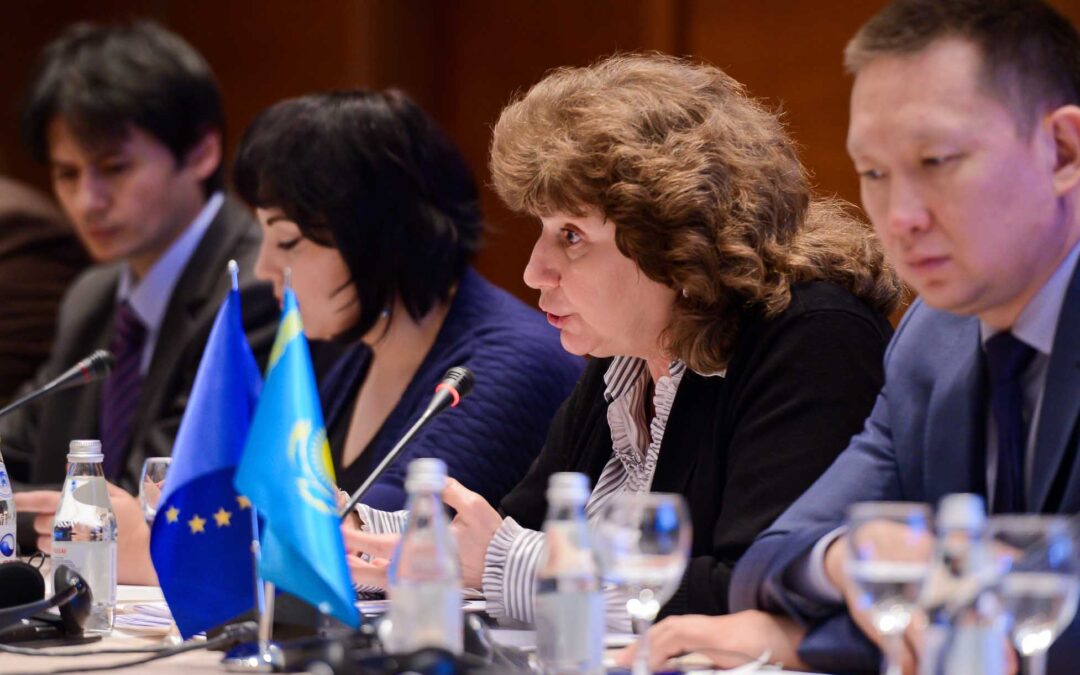
Nov 5, 2016 | News
Today the ICJ, in partnership with the National Collegium of Advocates of Kazakhstan, hosts a major regional conference in Almaty, Kazakhstan, on the role and independence of the legal profession in Central Asia.
Bringing together bar associations and lawyers from across Central Asia, as well as representatives of bar associations from European countries and international experts, the conference explores how associations of lawyers can strengthen the role of lawyers in the justice system.
Participants will discuss the organization and self-governance of the profession in each of the countries of Central Asia; will analyse the obstacles lawyers face in protecting the rights of their clients; and will debate standards and good practices in protecting the integrity of the profession through codes of ethics, disciplinary proceedings and professional training.
“Across Central Asia, every day, lawyers do vital work to protect the human rights of their clients. But they can only do this effectively when their independence is protected in law and in practice, and when high ethical and professional standards are enforced by self-governing associations of lawyers.” said Róisín Pillay, Director of the ICJ Europe and CIS programme
“At a time when the organization of the profession is being renewed in several countries of the region, this conference aims to ensure that lawyers work together to learn from each others’ experiences, and from international law and standards, to strengthen associations of lawyers in upholding the vital role of the profession,” she added.
Download the agenda in English and Russian here:
central-asia-agenda-conference-legal-prof-news-web-stories-2016-rus-eng (in PDF)
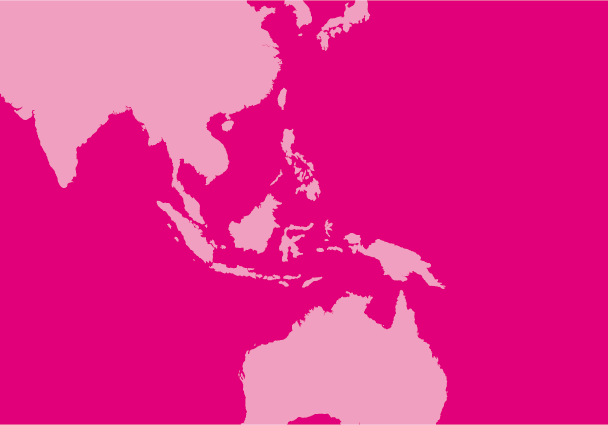
Oct 13, 2016 | News
The ICJ expressed disappointment in the adjournment of Asia bibi’s blasphemy appeal and urged the Supreme Court to set a new hearing date as soon as possible.
“Asia bibi has been on death row for six years under a bad law that has been improperly applied,” said Sam Zarifi, ICJ’s Asia Director. “The Supreme Court has previously held that people accused of blasphemy in Pakistan ‘suffer beyond proportion or repair’ – such delays in proceedings are one reason why.”
The hearing was adjourned because Justice Iqbal Hameed-ur-Rahman, one of the three judges to hear the case, recused himself from the bench on the day of the hearing, reportedly because of a “conflict of interest”.
“The date and bench for the hearing had been fixed nearly a week ago – it is difficult to understand why Justice Hameed-ur-Rahman’s decision to recuse himself was announced only at the hearing, with no alternative arrangements having been made,” added Zarifi.
Justice Hameed-ur-Rahman’s recusal is related to Salmaan Taseer’s murder case.
In 2011, Salmaan Taseer, the former Governor of Punjab, was killed by his bodyguard, Mumtaz Qadri.
Qadri claimed he killed Taseer for questioning the merits of the blasphemy proceedings against Asia bibi and calling for reform of the blasphemy laws to prevent their misuse.
Mumtaz Qadri was convicted and sentenced to death for the killing in October 2011.
Qadri challenged the conviction and sentence before the Islamabad High Court, where Justice Hameed-ur-Rahman was one of the two judges who admitted his appeal for hearing.
Extremist Islamist groups have frequently held demonstrations calling for Asia bibi to be hanged.
A day before the Supreme Court was scheduled to hear Asia bibi’s appeal, an Islamist group publicly threatened it would take to the streets if Asia bibi was acquitted.
Asia bibi’s lawyer, Saif-ul-Malook, has also stated he has received threats for pursuing her case.
Under Pakistani and international standards, judges have a right and a duty to decide cases before them according to the law, free from fear of reprisals.
Governments must also ensure that lawyers are able to perform all of their professional functions without intimidation, hindrance, harassment or improper interference from any person.
In a report published last year, the ICJ documented a pattern of threats and violence in blasphemy cases in Pakistan.
Judges who hear blasphemy cases are often harassed and threatened by those who demand that the suspect be convicted.
Some judges have reported receiving letters and phone calls warning them of attacks against themselves and their families if defendants in blasphemy cases are acquitted.
Where hearings are public, courtrooms are often packed with hostile crowds, chanting slogans against the accused. Often, these crowds are linked to violent Islamist groups.
The Government should take notice of this pattern of threats and reprisals and ensure the judges and lawyers in Asia bibi’s case are given adequate security to perform their duties independently and impartially, said the ICJ.
Contact:
Sam Zarifi, ICJ Asia Pacific Regional Director (Bangkok), t: +66 807819002; e: sam.zarifi(a)icj.org
Reema Omer, ICJ International Legal Adviser for Pakistan (London), t: +44 7889565691; e: reema.omer(a)icj.org
Additional Information
Asia Noreen (Asia bibi) has been on death row since 2010, when a trial court convicted her of “defaming the Prophet Muhammad” and sentenced her to death. The Lahore High Court upheld her conviction and confirmed her death sentence in 2014.
In a briefing paper published on Wednesday, the ICJ assessed the fair trial violations in Asia bibi’s trial and appellate hearing.
The ICJ found glaring omissions both in the appraisal of evidence as well as the application of laws that brought her conviction into question.









